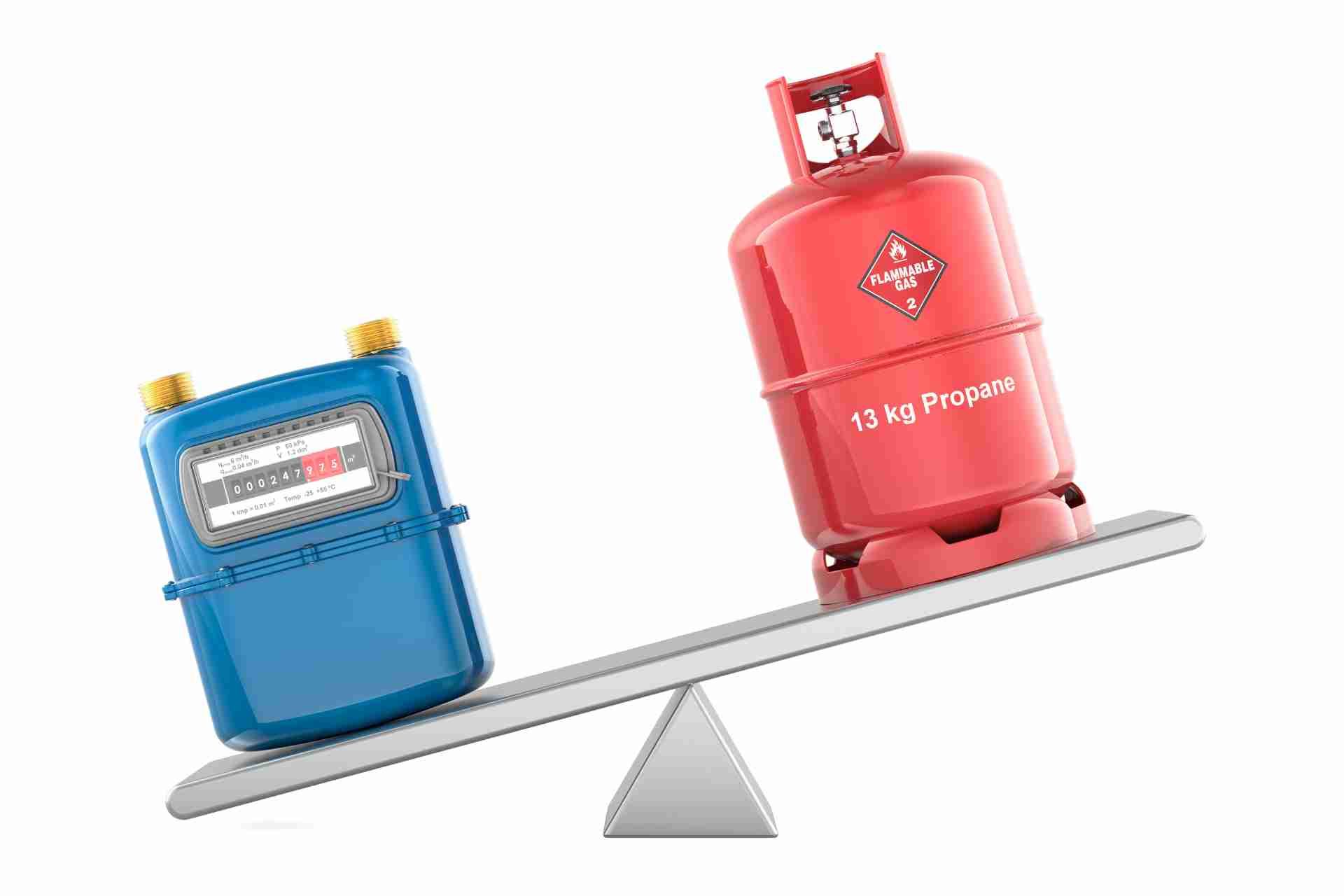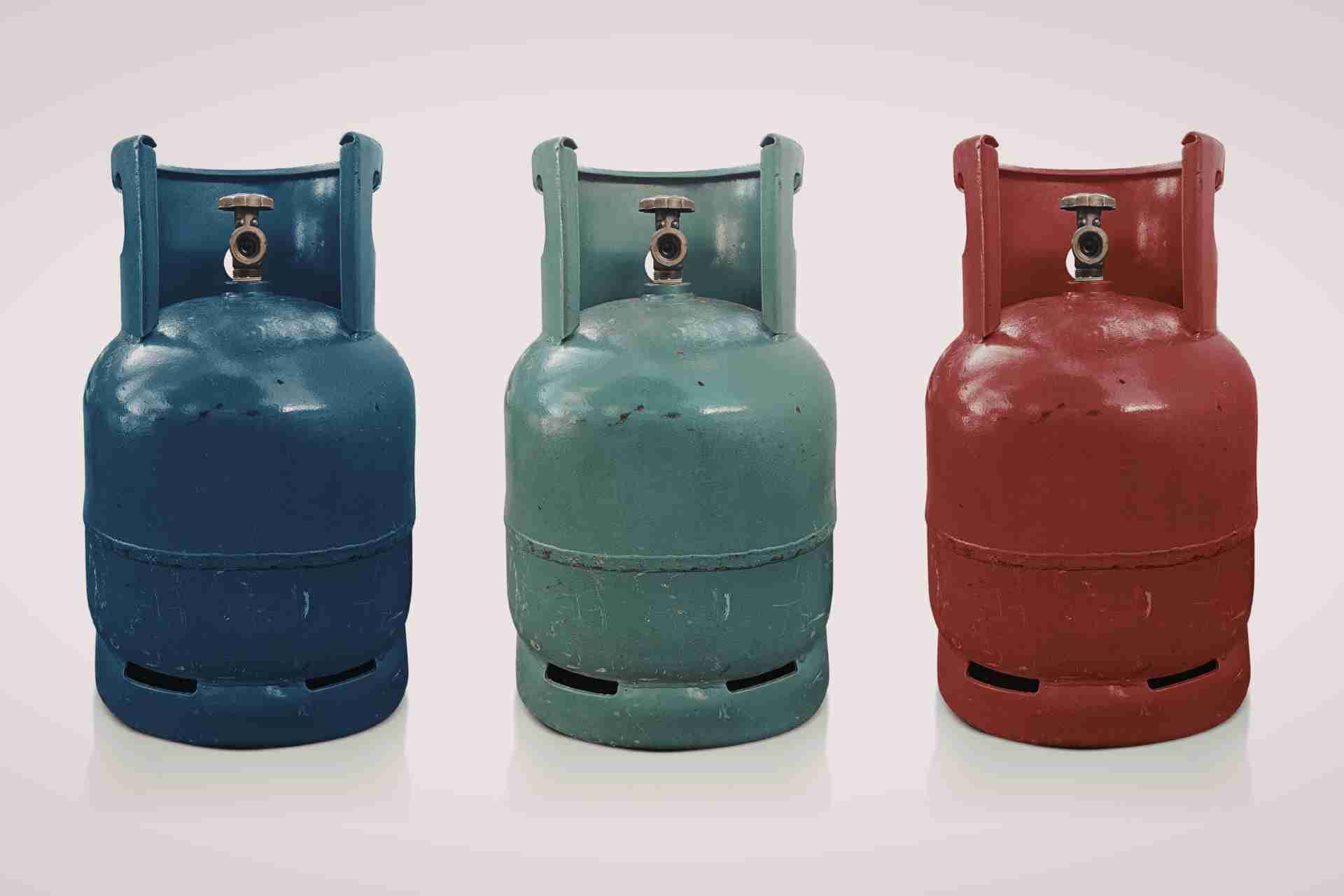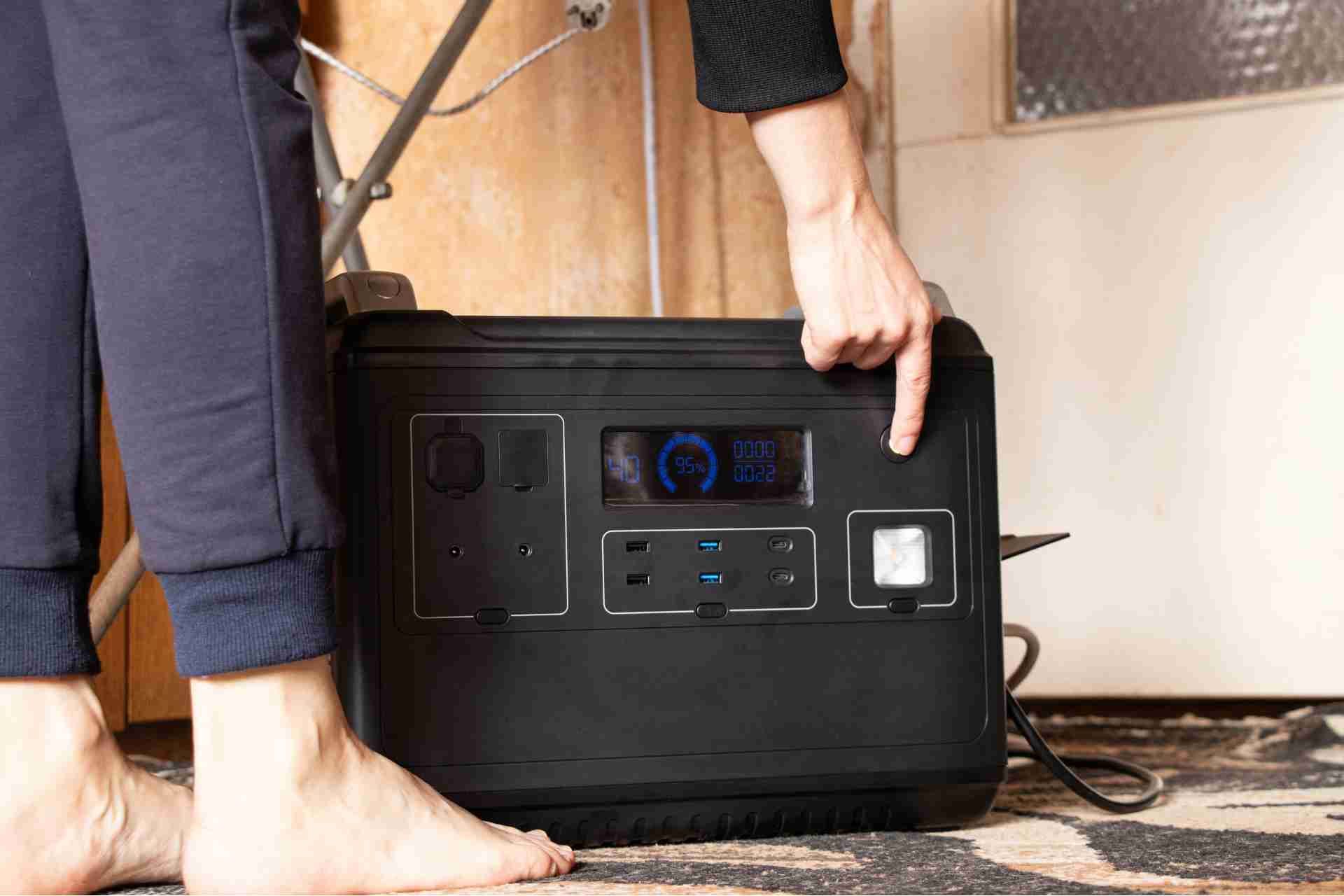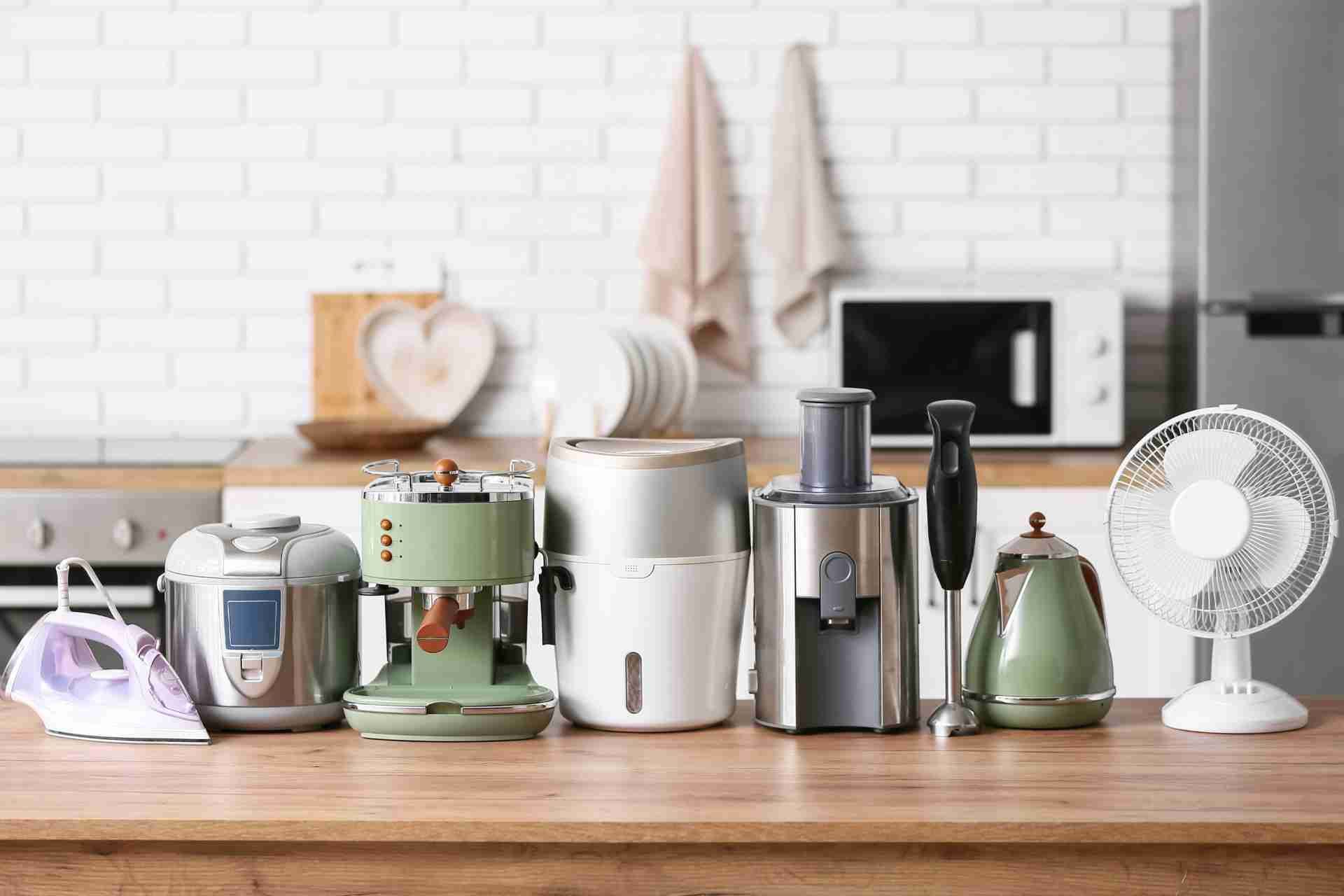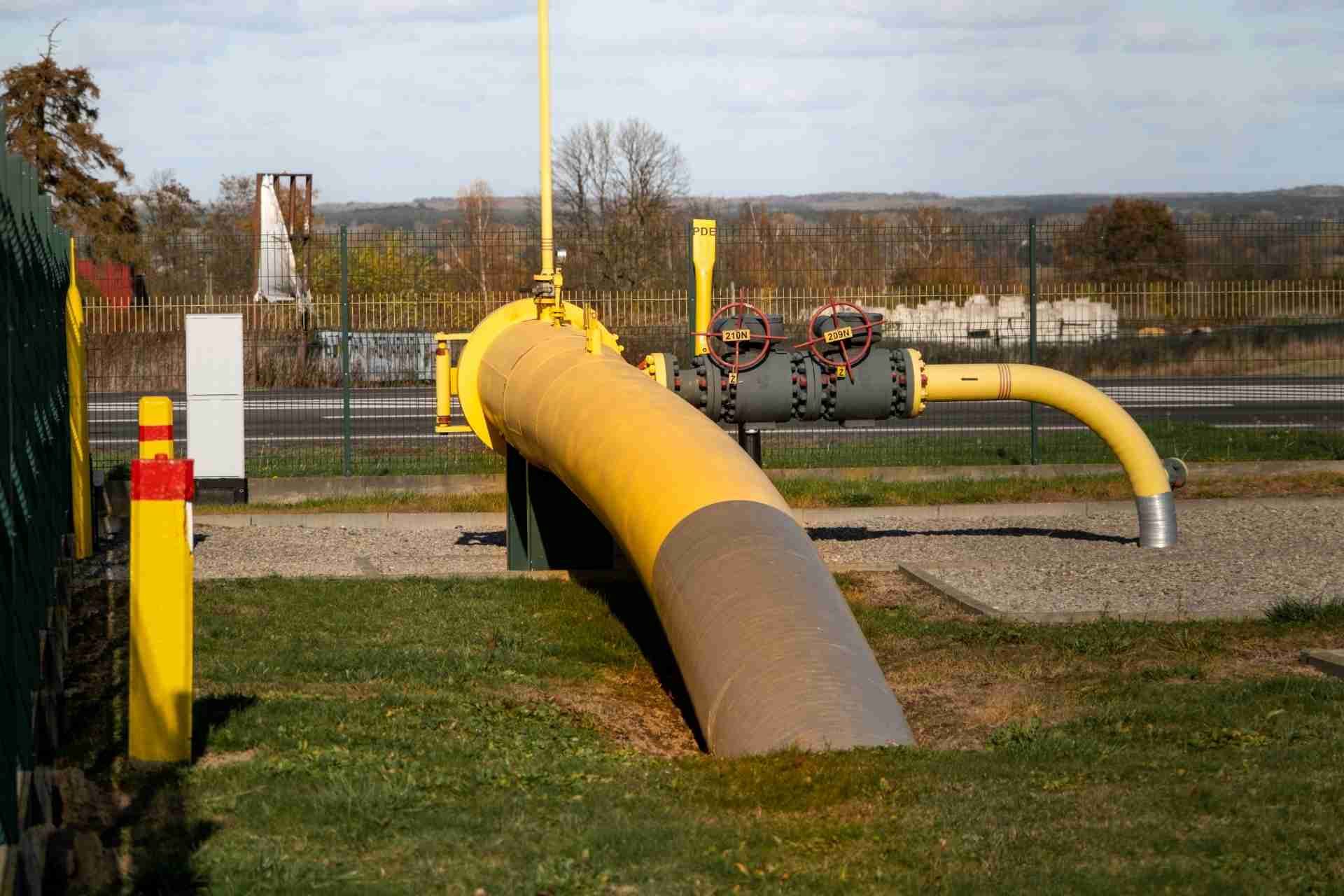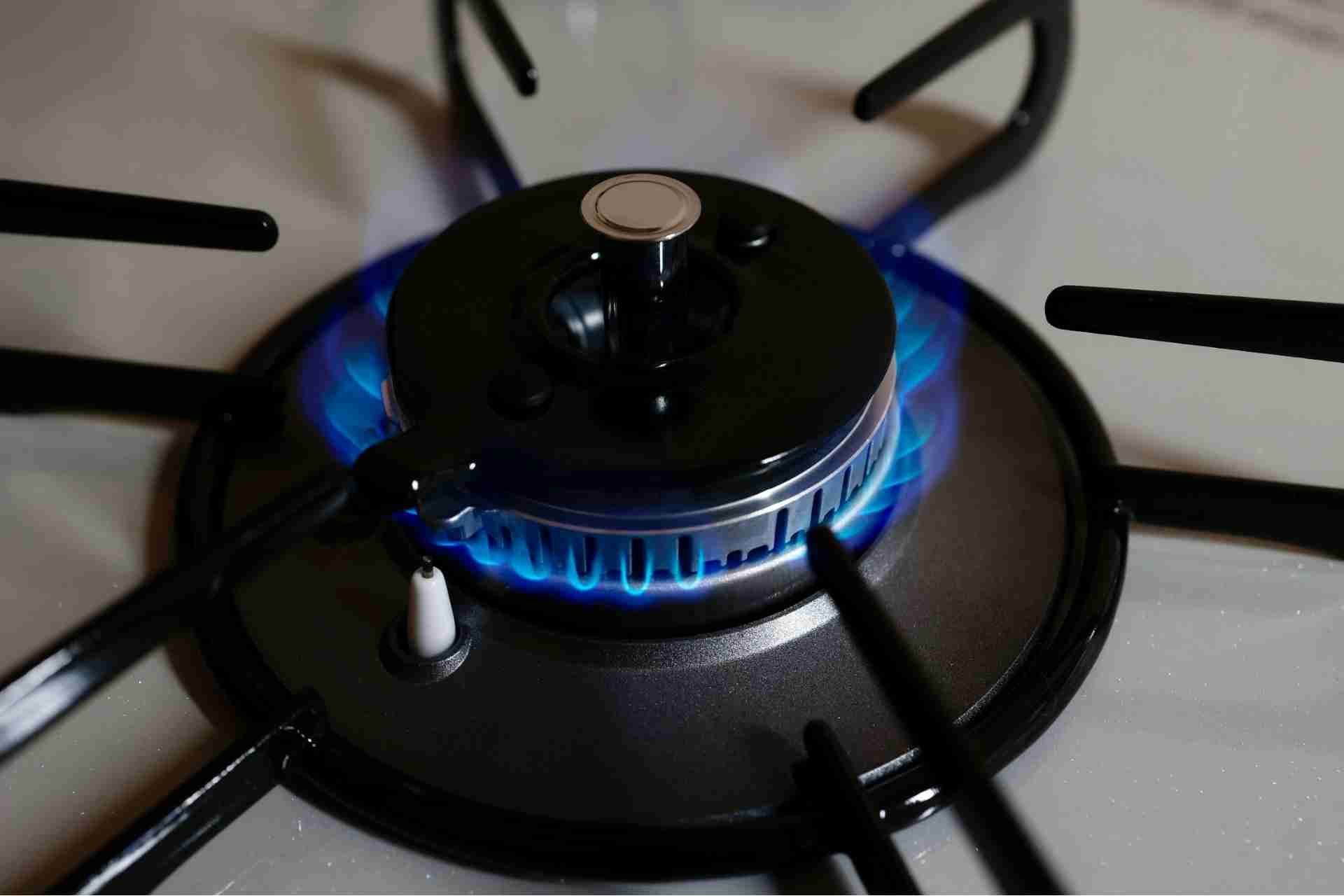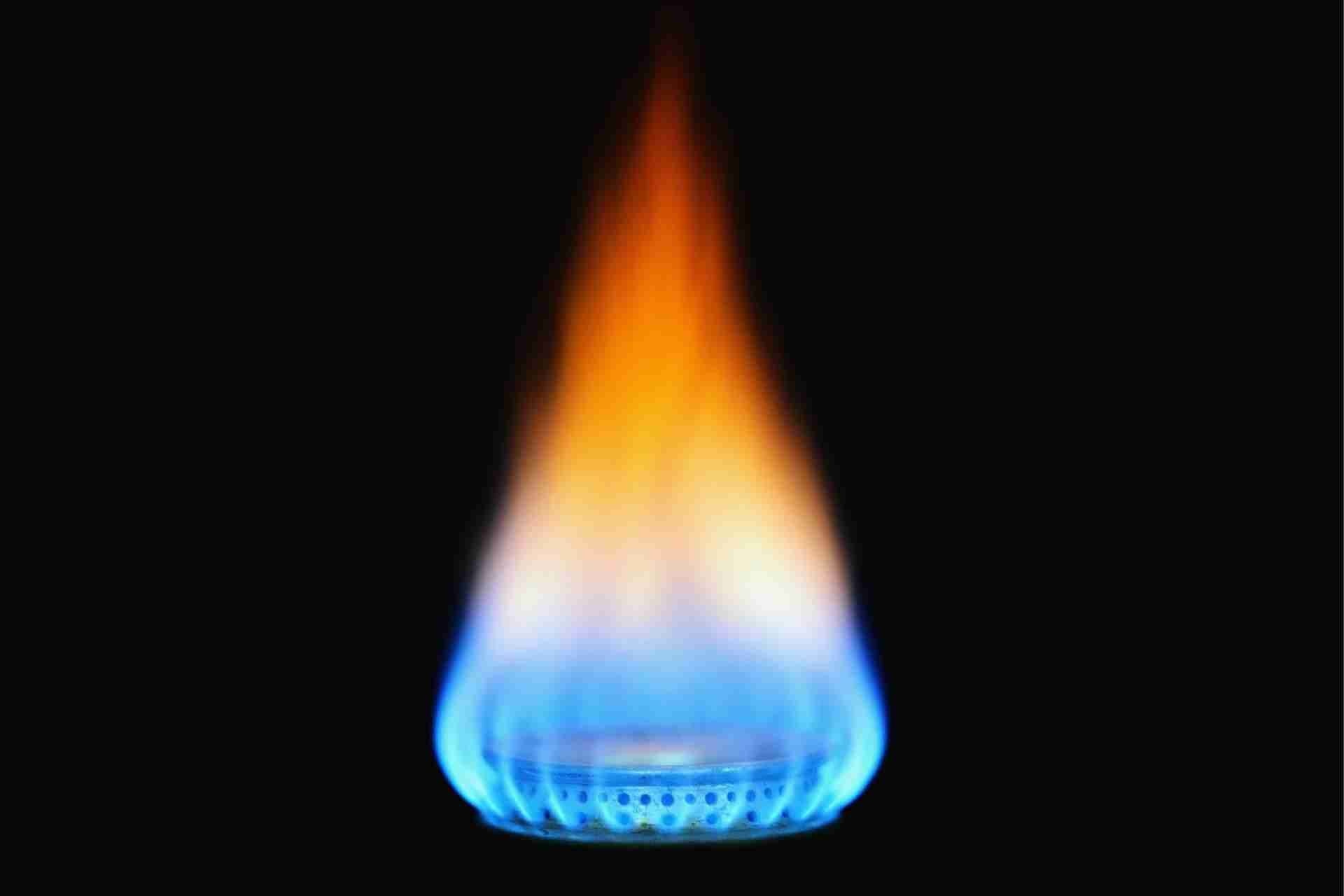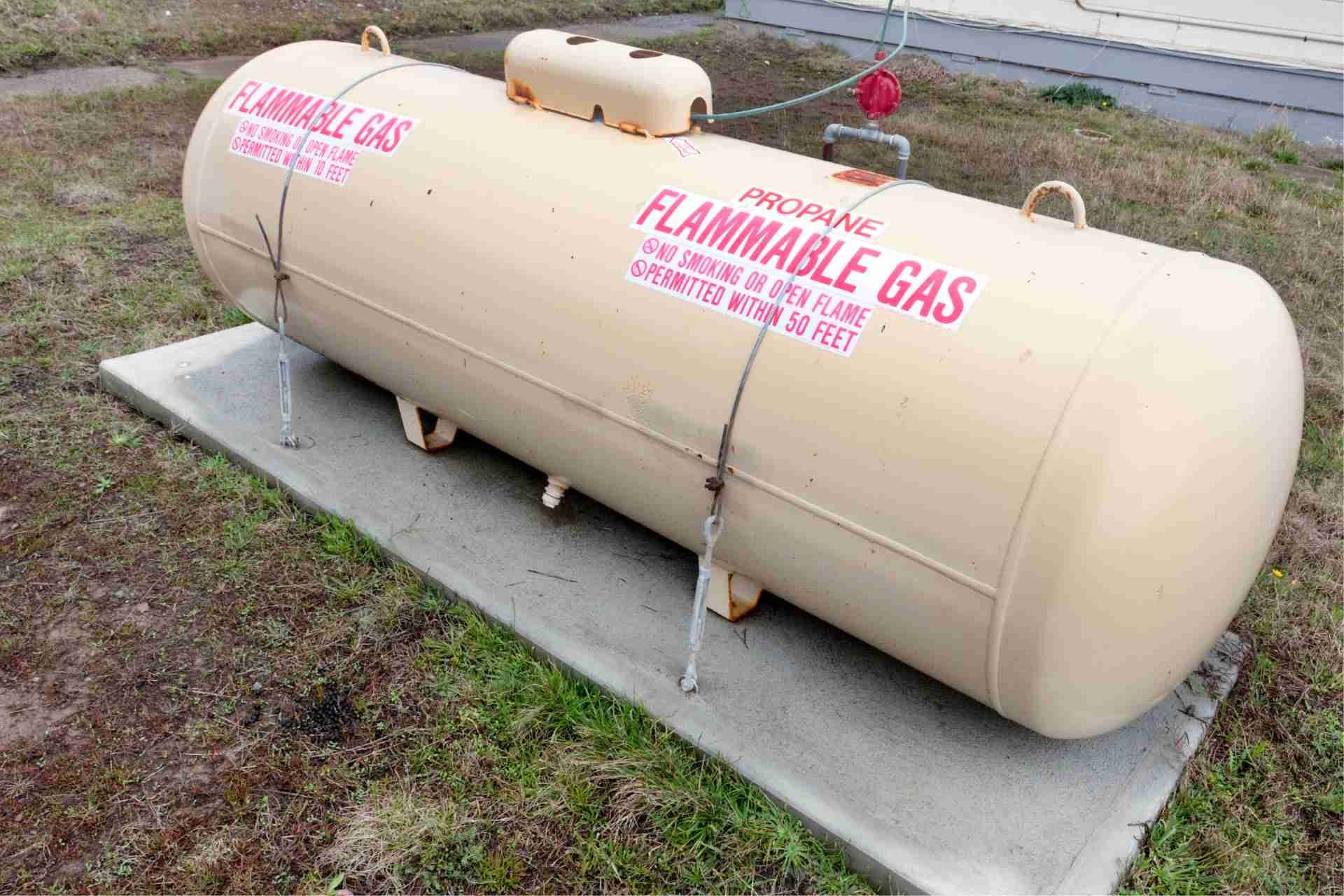Propane Safety 101: Leak Detection, Emergency Steps & Legal Requirements
When it comes to propane safety, understanding how to detect leaks and respond appropriately is essential. You might not realize how critical it is to recognize the signs of a leak and know the proper steps to take in an emergency. This knowledge not only protects you but also ensures compliance with legal regulations. So, what should you do if you suspect a leak? Let's explore the key aspects of propane safety that every user should know.
Understanding Propane and Its Properties
Although you might be familiar with propane as a cooking fuel, understanding its properties can enhance your safety and usage.
Propane is a colorless, odorless gas that's typically stored in liquid form under pressure. When released, it rapidly vaporizes, making it highly efficient for heating and cooking.
It's important to know that propane is heavier than air, so it can accumulate in low areas, potentially creating hazards. Additionally, propane has a distinct odor added for leak detection, which helps you identify issues quickly.
Its high energy content means it burns cleanly, producing minimal emissions. Familiarizing yourself with these characteristics helps you use propane safely and responsibly, ensuring both efficiency and peace of mind in your home.
Recognizing the Signs of a Propane Leak
Understanding the properties of propane is vital for safe usage, especially when it comes to recognizing the signs of a leak.
One of the most noticeable indicators is the distinct smell of rotten eggs, which is added to propane for detection. If you ever catch this scent, take it seriously.
You might also hear a hissing or whistling sound near your propane appliances or tanks, indicating gas escaping.
Additionally, look for dead vegetation or a frost-like appearance on the ground around your propane equipment, as these can signal a leak.
Always trust your instincts; if something feels off, investigate further. Being aware of these signs can help you act quickly and ensure your safety.
Steps to Take in Case of a Propane Leak
If you suspect a propane leak, it's crucial to act quickly and follow these essential steps to ensure your safety.
First, leave the area immediately and get to a safe distance. Don't use any electronic devices, including phones, as they could ignite the gas.
Once you're safe, call your local emergency services or the propane supplier to report the leak. Avoid turning on lights or any appliances until the area is deemed safe.
If you smell gas indoors, open windows and doors to ventilate, but don't stay inside.
Proper Ventilation and Storage of Propane
Proper ventilation and storage of propane are essential to ensure safety in homes and businesses.
Always store propane tanks outdoors in a well-ventilated area, away from heat sources, flammable materials, and enclosed spaces. Ensure the storage area is dry and away from direct sunlight to prevent pressure buildup.
When using propane indoors, make sure there's adequate ventilation to allow any potential leaks to disperse. Installing carbon monoxide detectors can also enhance safety.
Regularly check the area for signs of leaks or damage to tanks and hoses. If you smell gas, leave the area immediately and contact a professional.
Legal Regulations Surrounding Propane Use
While navigating the complexities of propane use, it's crucial to be aware of the legal regulations that govern its storage, transportation, and usage.
You'll need to familiarize yourself with local, state, and federal laws to ensure compliance. These regulations often cover aspects such as tank sizing, placement restrictions, and maintenance requirements.
Additionally, the National Fire Protection Association (NFPA) has guidelines that inform safety practices you must follow. Proper labeling and signage are also essential for promoting safety and awareness.
Be mindful that violations can lead to hefty fines or legal action. Staying informed not only protects you but also promotes a safer environment for everyone around you.
Always consult with local authorities or propane suppliers for the most accurate information.
Best Practices for Propane Safety in Homes and Businesses
To ensure a safe environment when using propane in homes and businesses, it's essential to adopt specific best practices.
First, install propane detectors near sleeping areas and high-use locations. Regularly inspect your propane equipment for leaks and wear, and always keep the area around your propane tanks clear of debris.
Ensure that you're familiar with the proper use of propane appliances and follow manufacturer guidelines. Maintain ventilation in areas where propane is used, and never store flammable materials nearby.
In case of a leak, evacuate the area immediately and call emergency services.
Lastly, educate everyone in your home or business about propane safety, so they know how to respond in an emergency.
Safety starts with awareness and preparation.
Conclusion
In conclusion, staying aware of propane safety is essential for protecting yourself and others. By recognizing the signs of a leak, knowing the steps to take in an emergency, and following proper storage and ventilation practices, you can significantly reduce risks. Don't forget to familiarize yourself with legal regulations to ensure compliance. Prioritizing these safety measures in your home or business will help create a safer environment for everyone. Stay vigilant and be prepared!

